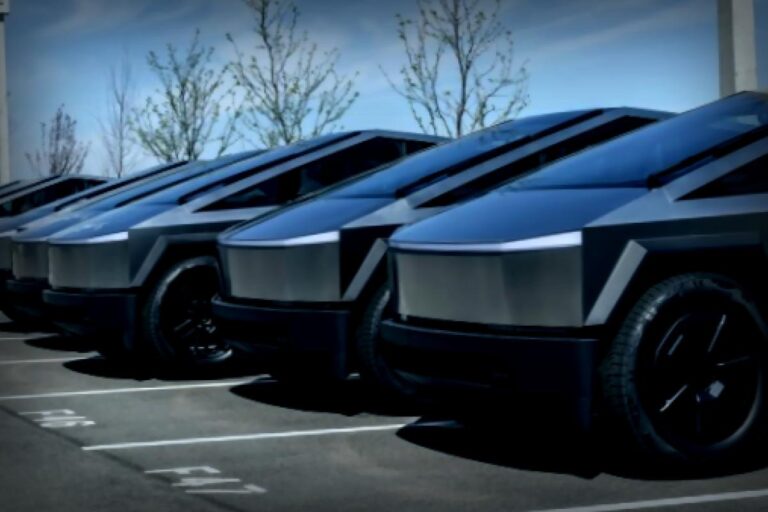Tesla, known for its electric vehicles, is under scrutiny for reportedly harming smaller businesses in the process of expanding its operations. A recent article from Electrek reveals that two small American companies have gone bankrupt due to Tesla’s failure to pay their bills.
What’s the Situation?
Jennifer Meissner, who runs a company that provides piping services, was contracted to work at Tesla’s Gigafactory in Austin. To fulfill her obligations, she explained that she had to hire new staff and purchase tools—some with loans—according to an investigation by CNN. This situation turned sour when Tesla stopped making payments, causing Meissner to take out additional loans just to keep her team afloat. She eventually had to file for bankruptcy when it became impossible to pay her employees and contractors.
Although Tesla paid $650,000 to cover her subcontractors eventually, they claimed she had ‘overbilled’ them, as reported by Electrek.
Another business, Full Circle Technologies, likewise faced bankruptcy after Tesla accrued a debt of $600,000 for installing security systems at the gigafactory. Like Meissner, this company also had to secure loans to manage their cash flow while waiting for payments from Tesla.
The problems don’t stop there. A report cited by Electrek outlines that in Texas alone, contractors have filed liens exceeding $110 million against Tesla over the past five years, with more than $24 million still unpaid across numerous businesses.
Concerns extend beyond just Tesla, as Elon Musk’s other ventures have also faced financial scrutiny. According to CNN, Twitter, post-Musk, has halted numerous payments, leading to lawsuits from at least seven companies claiming they haven’t been reimbursed.
One of Tesla’s contractors mentioned, “He doesn’t care what or who that impacts,” highlighting the perception of negligence concerning business obligations.
Adding to an already challenging year, Tesla’s public image has been tarnished further since Musk’s involvement with the U.S. government. Despite stepping down, as reported by CNBC, Tesla’s earnings saw a 71% drop in the first quarter.
Moreover, Tesla vehicle owners are facing increased vandalism targeting their cars.
Why Are Tesla’s Practices Troubling?
When large corporations harm smaller businesses, the impact extends beyond dollars and cents; entire communities can suffer. Job losses often follow, damaging the reputations of surrounding companies as well. This adverse effect may dissuade consumers from opting for electric vehicles (EVs), despite potential savings—up to $1,500—on gas and maintenance each year.
Additionally, the environmental benefits of driving an EV are significant. A study led by a UC Berkeley professor monitored harmful gases in the San Francisco Bay Area using 57 sensors from 2018 to 2022, concluding that toxic emissions decreased by 1.8% annually. Imagine how much further these improvements might progress if more people made the switch to EVs.
What Are We Doing for the Shift to EVs?
Although Tesla continues to be a popular option for electric vehicle enthusiasts, there are now various alternatives available on the market. Traditional automakers like Toyota, Ford, Volkswagen, and Nissan are also jumping on the EV bandwagon, effectively lowering initial purchase costs.
For instance, Nissan’s Leaf, which has been on the market since 2010, has recently seen upgrades including increased passenger space.
Volkswagen’s electric vehicle line is also gaining momentum, particularly in Germany—a leading EV market—where Q1 sales skyrocketed by 32% compared to last year, capturing 49% of the German EV market.

Join our free newsletter for inspiring news and valuable insights, and don’t miss this handy list of simple ways to boost your well-being while being eco-friendly.
Tesla’s Business Practices Under Fire: ‘He Doesn’t Care Who It Affects’ first appeared on The Cool Down.
















